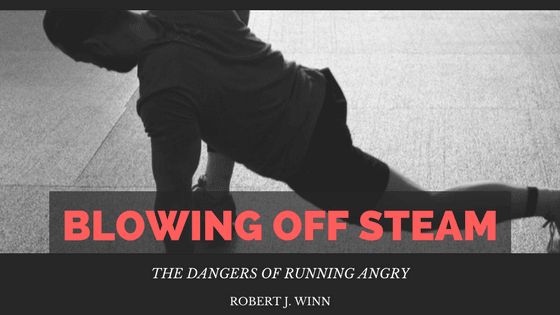Who doesn’t have a bad day now and again? Maybe your boss decides to take a company loss out on you, or a family member decides to take your car out for an ill-advised spin and not tell you until they need to file an accident report. Sometimes, a promising day can turn into a trainwreck with no more than a bad conversation. The question is, how will you handle the added stress when it lands in your lap?
Many people opt to turn to exercise as a way to burn off the anger and re-center themselves. However, this strategy may not be as helpful as it appears at the outset. While regular aerobic exercise has been found to improve physical health, lessen the impact of depression, and even manage anxiety, strenuous physical activity may increase health risks in those who have a family history of heart attacks. In late 2016, medical researchers at INTERHEART evaluated over 12,000 patients spread across 52 countries. All had recently had their first heart attacks and were asked by the researchers to reflect on their physical and emotional states in the hour prior to their attack.
Their findings are alarming. According to the study, those who underwent intense emotional upset were twice as likely to suffer from cardiac arrest; the same statistic holds for those who exercised vigorously. However, the more shocking finding reported was that “among people who recalled being angry or emotionally upset while also engaging in strenuous exercise, the risk of heart attack was three times higher.” This number was further found to not be impacted by any considerations of age, physical fitness, body weight, or smoking habits. The findings are clear: Engaging in intense exercise while simultaneously dealing with strong emotions can lead to severe health risks.
However, it should be noted that these consequences primarily apply to those with underlying heart conditions. If a person does not have a preexisting condition, odds are good that combining irritation with exercise will not cause a severe bodily response, so long as the person exercising doesn’t try to push themselves too far beyond their usual stopping point. That said, those who have a family history of heart disease – or those who notice a shortness of breath or chest tightness during arguments – should consult their doctor before engaging in extreme exercise as a form of anger management. Engaging in exercise can be an excellent way to unwind after a stressful day – but be sure that your fitness plan doesn’t endanger your health!

